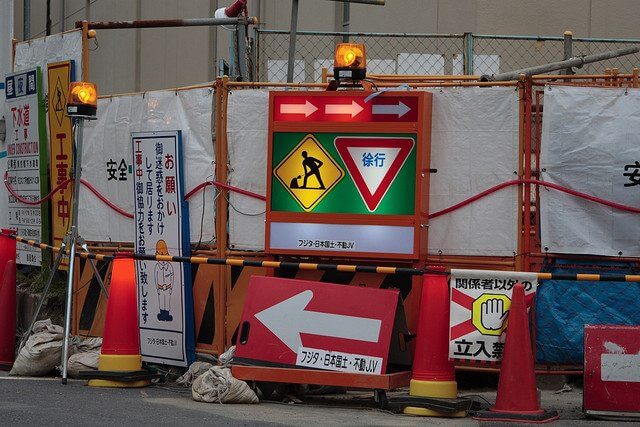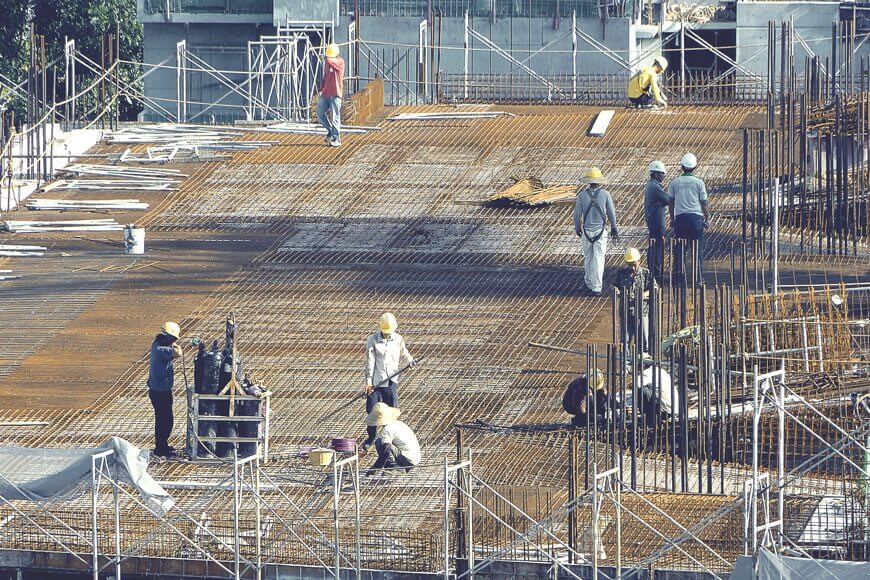No one wants to do the estimation task. It’s not hard. It takes time. Probably, “time” is what bothers you. If there were anything that could help you and accelerate the process, it would be awesome! Project managers keep asking about this. What to do? How to estimate the full work quicker? It’s challenging all right. The process made them build templates that aren’t working. Managers are just hoping it would be quicker and more effective the next time they estimate the work. There is something I always say:
“Good preparation makes the work easier”
And it’s really like that. Let’s say you are invited for an interview with your next client. What would you do next? Prepare for the interview. Looking for a way to close him. Why don’t we do the same thing here? I know it’s not the same thing. Keep your mind on the goal. Either you close your client (finish the estimation), or you struggle to do that for few more weeks. Do the following valuable steps before you estimate work. This will become a habit. You’ll see the improvements in no time. Shall we begin?
1. You need to get a clear picture of the work that you need to estimate
Many problems arise because of this. Usually, the estimator doesn’t know how much of work he needs to do. That huge pile of work features even the work you don’t understand. Spending time on that is unnecessary. Someone who knows those things should do that.
2. Don’t hesitate to include people in the process
Your role as a project manager is not to deal with everything by yourself. The same thing goes with the estimating, as well. Project managers often hesitate to ask for help. That’s wrong. You don’t know how to estimate everything on your own and that’s OK. By getting others involved in this process, the estimation will be done faster and more accurate. Seems legit, right?
3. Look for estimating constraints
This is important. If there are any of these estimating constraints, you need to know them up front. You don’t want to end up doing the estimation of something that has been changed or budget-sensitive. Knowing all these constraints from up front will help you and the estimators make the proper expectations for the cost, quality balance and duration.
4. Utilize with multiple techniques
If possible, you need to develop several estimating techniques. Don’t be afraid to use technology. There are reliable applications that could help you. Having more techniques for the estimation never harmed anybody. It’s better for the estimation. If your multiple techniques are close every time you estimate, you will gain more confidence in your numbers. If they are far apart, you need to review everything using similar assumptions. Search for numbers you might have entered wrong. If that’s the case, try utilizing several more techniques. See if one particular technique can be validated and some other removed.
5. Document the Assumptions
All of them! Documenting the assumption really helps with your estimation. There is no way you’ll remember all the details of a project. With that being said, it’s really important for you to document all of your assumptions you are making along with the estimate. If you master these steps, your estimates will get more accurate.
Do you have any other rituals or steps you take before estimating work? Whether you’re used to your own methods, or you have no methods at all, you should take a look at this free downloadable ebook, The Circle of Productivity. Prepare to be enlightened and educated on how to optimise and improve productivity in the construction workplace. Discover more stuff to read like how to reduce the high costs and have an effective cost estimating strategy in your construction business.



